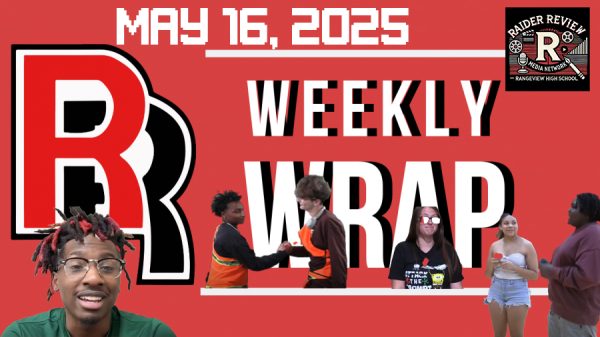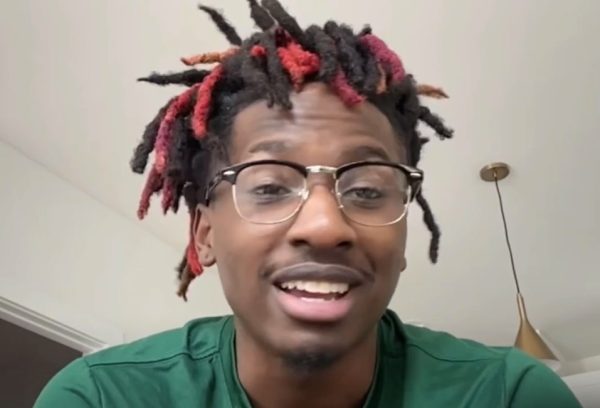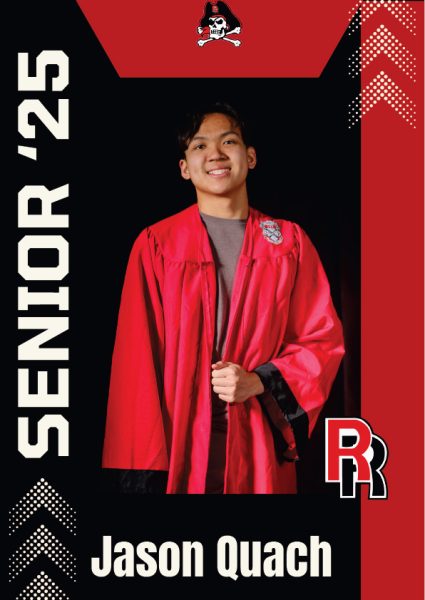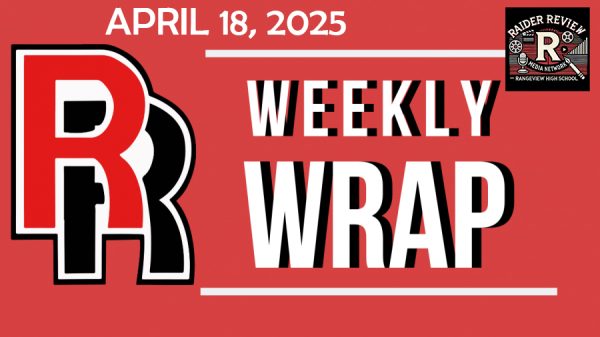Opinion: How White Liberals Unconsciously Perpetuate Racism
Featured photo by: Alexis Drummond -Myriam Alcala, Latina student and review reporter, poses for her senior photo.
September 25, 2019
Aurora may seemingly be a picture-perfect safe space where systematic oppression such as racism doesn’t touch or affect those closest to us; however, that’s not the case. Oppression doesn’t die just because you don’t see how it has transformed, instead, this ignorance can perpetuate another form of racial oppression.
Recently, more people –including the Professor of American Lit and Racial Studies, Robin Di Angelo –have begun to call out a very prominent form of racism in mostly majority populations.
Oppression by the progressive: an oxymoron, but nonetheless a true statement.
In an interview, Di Angelo spoke on this issue: “We’re taught to think of racism as individual acts of intentional meanness across race […] it’s always an individual, it has to be conscious, and it must be intentional. That definition exempts virtually all white people from the system that we’re all in and that we’ve all been shaped by.”
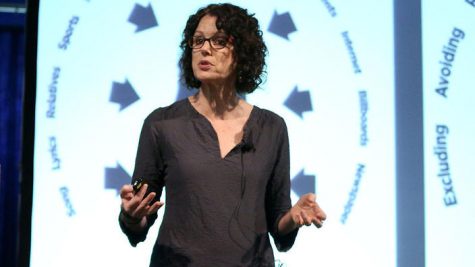
There’s no hiding or ignoring how we have all been shaped by race; as a matter of fact, there are many small acts of oppression that happen every day, everywhere.
Characterizing an Oppressive Progressive:
- Who are these progressives?
In regards to race, these oppressive acts are done by people that come from the majority racial population — caucasian — and are socially aware of racism and systemic oppression. Yes, we are talking about non-people of color in mostly minority areas like Rangeview and Aurora who are “woke” when it comes to social issues and fight alongside minorities.
- Why does this matter?
The most important thing to note about these individuals is that most of their oppressive acts are not malicious and are unconscious so some may ask if these acts are not meant to hurt, then why do they matter?
Lacking background knowledge does not exempt people from not being able to learn; these seemingly harmless acts can be a detrimental form of oppression for minority groups.
For example, a psychological study proves how being reminded about your racial or minority status before taking a standardized test unconsciously stirs up bad memories correlated with your identity which will make you doubt yourself and do worse on the test. This is called the Stereotype Threat. No matter the intentions, the consequences of these oppressive acts have a significant impact on minority communities.
- What are these “acts” of oppression?
There are many ways these acts can form (click here for a full list), but there are three which I have seen the most: denial, defensiveness, and faux compassion.
Denial:
White liberals who have lived in minority towns are often submerged in the culture surrounding them that they grow unaware of how skin color continues to instill privilege. White privilege does not “erase” just because you live and form relations with people of color. Privilege is backed by the system of oppression in the U.S; no matter what, a white individual will have white privilege because race is not an obstacle for them in our nation. In this case, denial is when a non-person of color does not accept their privilege.
“I don’t see color,” is yet another form of denial that is used. Here, a white liberal is attempting to put a bandaid on a wound which goes back centuries. Racism is rooted in a dark history which requires more attention than being “color blind”.
In both cases of denial, oppressive progressives are prematurely calling “victory” on our not yet post-racial society.
In the eyes of minorities, denial is a reiteration and reminder of social power they don’t have –by attempting to erase the racial barrier, white liberals actually perpetuate it. Why is this? Well, only the people in social power can have the ability to decide when these conversations of race take place and decide how the conversation is going to go.
In other words, when white liberals deny their role in racial relations, minorities are reminded of the power white people, rendering them powerless and complacent.
Defensiveness:
“I voted for Obama” or “I have black friends” are considered phrases which build up the racial resume of white liberals as a defense system against being accused of having the privilege or racial bias.
White liberals put a separation between them and the history of their race due to white shame and fragility, meaning that instead of accepting the systematic oppression which still oppresses minorities and benefits the “majority group,” white liberals lash out.
One way this happens is through making a racial resume: “I voted for Obama.” Here, the oppressive progressive is trying to prove they are “woke” and not part of the problem groups that perpetuate racism.
Racial resumes creates an excuse for internal racial insensitivity and prevents a person of color from expressing their hurt towards a white liberal since now we have to argue against a resume that creates social power and validation for the non-person of color.

Another form of defense is an emotional appeal: “that hurt my feelings.” This is called white fragility. This is when a non-person of color feels uncomfortable or emotional in a conversation about race and shuts it down due to their emotions.
This appeal to self-pity takes the attention away from the feelings of the people of color and instead focuses the attention on how the white liberals feel. Similar to a racial resume, this reiterates the power white liberals have to control the conversation about race and showcases the continued privilege of being part of the majority, thus implicitly oppressing minorities.
Apology and faux compassion:
It is normal for any human being to express apologies and sympathy towards another person in a tough situation; however, this fast act of sympathizing may cause more harm than good. When a person of color confides in a white liberal regarding a racial hardship, it’s a knee jerk reaction to say something along the lines of “I feel your pain.”
But think about it, is this the best response possible?
This is not to say that white liberals don’t care about emotion; however, with sympathy, it oftentimes ties back to you or your fear of saying the wrong thing. No matter your other minority identities –female, gay, trans — each holds a different hardship that is uncomparable to the other.
“While displaying empathy toward another is often associated with an act of connection,” said Paul Pendler, Psy.D, “The speed with which white people rush to express sympathy and understanding […] discourages a deep relational connection in the moment.”
Instead of attempting to apologize first, offer your time to listen in order to begin to bridge the gap of racial conversations.
Tackling the realm of race is intimidating and may seem like piles of work with no real problem solving; however, the first step of bridging the racial divide is understanding how one plays a role in it.
Teacher Sarah Gasior explains, “By not recognizing racial privilege you continue to oppress minorities. […] The best thing to do is to listen to people of color.”







